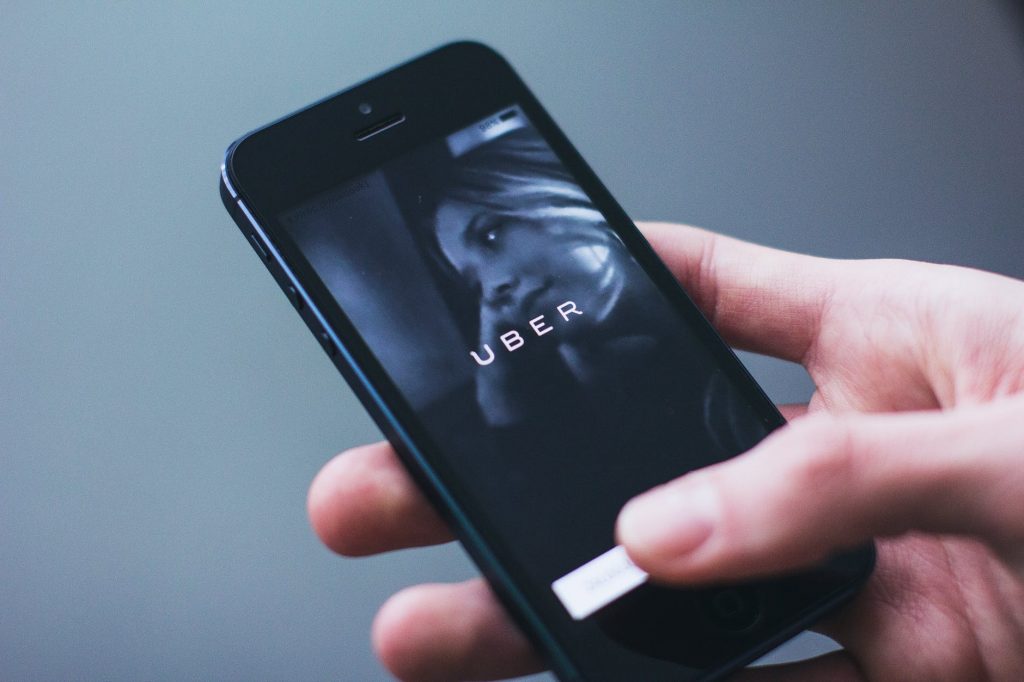
If you are the victim of an accident involving a taxi, Uber, or Lyft driver, you may be confused as to what your next steps are. Who is liable to pay, the individual driver or the company they drive for? Whose insurance company do you deal with? Can you sue Uber, Lyft, or the taxi service?
Accidents involving these types of drivers are more complicated than those involving everyday people who aren’t driving for money, but that should not prevent you from getting justice for the injuries you suffered.
What to Do Right After the Accident
As with any car accident, you should call the police to the scene. Whether you were injured as a passenger in a taxi or rideshare vehicle, another driver, or a pedestrian, you will need sufficient evidence to prove who was at fault in causing the accident.
This means recording the name and contact information of the taxi or rideshare app driver, as well as that of any witnesses to the accident, getting the driver’s insurance information (and providing yours, if you are another driver whose car was hit by the taxi or rideshare vehicle), and taking photos of the accident scene, the injuries you incurred, or any damages to your vehicle, if applicable.
You will need to keep track of all your medical bills and other related expenses in order to receive appropriate compensation from the liable party’s insurance company. Most importantly, if you are injured, your top priority is seeking medical attention immediately.
Who Is Responsible, the Driver or the Company?
Once you have all the necessary documentation needed to file your claim, you may be wondering whose insurance company you’ll need to deal with. Do you file the claim with the company who provides the taxi or rideshare driver’s personal insurance policy? Or, do you need to contact Uber, Lyft, or the taxi service’s insurance company? This is where accidents involving these types of drivers become complicated.
You might assume that because the driver who caused the accident was driving for a certain company, then that company should be responsible for compensating you. However, taxi services and rideshare apps such as Uber and Lyft classify their drivers as independent contractors rather than employees (except in California, where a judge recently ruled that drivers for Uber and Lyft must now be considered employees).
This classification allows drivers the freedom to maintain flexible schedules while also meaning that the companies are not required to provide benefits, minimum wages, or overtime pay. This also means that the companies aren’t liable in the event of an accident, so you will most likely not be able to sue Uber, Lyft, or a taxi service if you’re the victim of an accident involving one of their drivers.
How Insurance Works for Taxis and Rideshare Apps
However, just because taxi and rideshare services do not consider their drivers employees doesn’t mean that these companies are devoid of any responsibility in the event of an accident.
The companies require their drivers to carry a personal insurance policy, but they also have additional insurance policies that protect drivers and passengers. The insurance policies have different “layers,” and the amount of coverage varies based on when an accident occurs.
For instance, when a Lyft driver has their app turned on to accept rides but doesn’t have an active ride at that moment, their insurance liability coverage is significantly less than while they actually have a passenger in the car.
In most cases, the insurance carried by Uber, Lyft, or a taxi company will be extensive enough to compensate you for the injuries you incurred. But because these types of accidents are more complicated than normal car accidents, it would benefit you to seek the assistance of a car accident lawyer who can help you keep track of important paperwork and get the justice you deserve.
